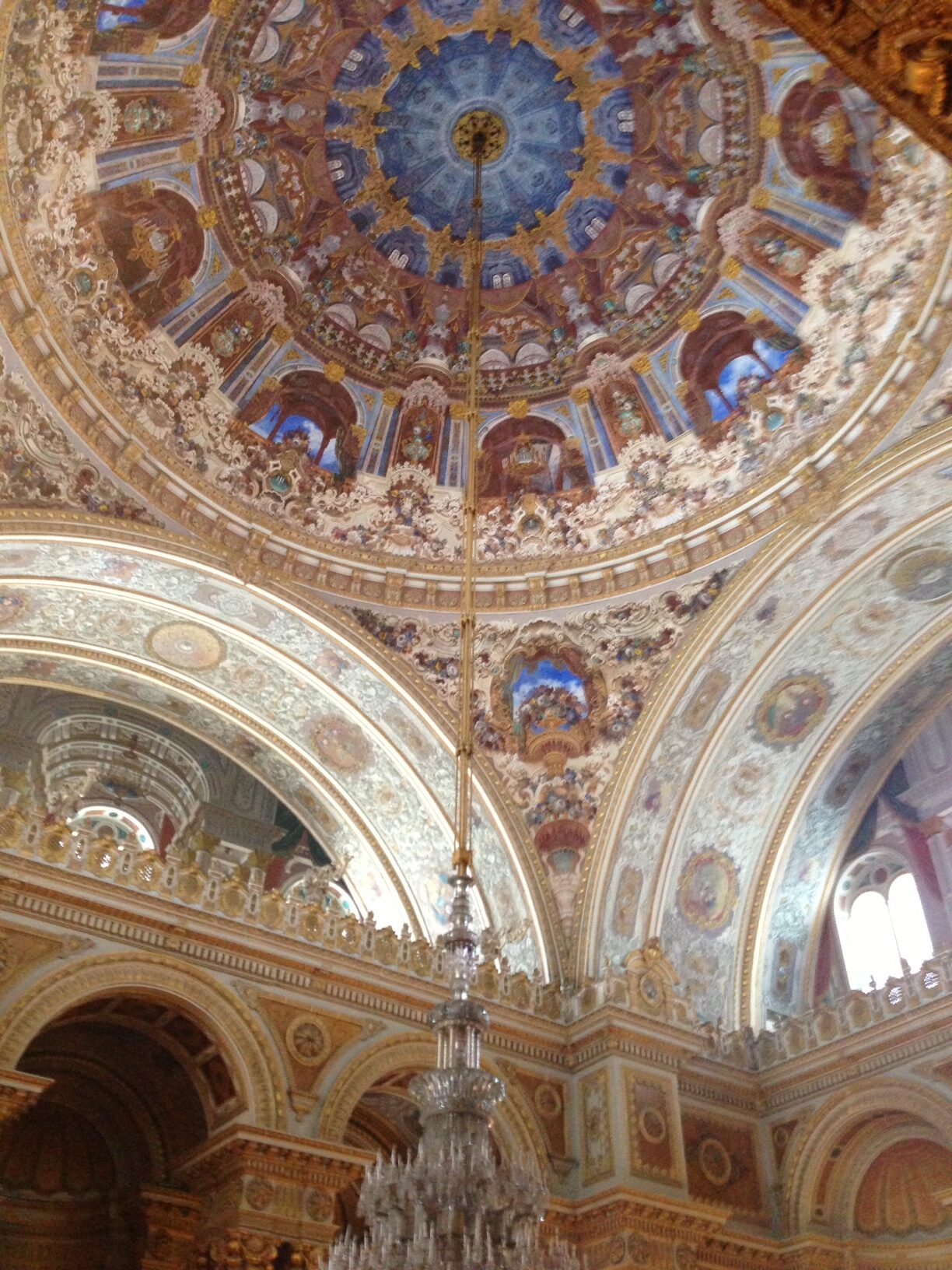
I’m not sure what the rules are about how hard you’re allowed to love. We both probably have different measures of it, much like how my father used to jarringly remind me that there’s a very thin line between love and obsession. That was back in the Puppy Love days, though I always resented calling it that, because love is love. Much like how sugar is sugar, whether in fruits or a jar of candy. Love may be love but it does vary in degrees. In its forms of pain and pleasure, dependency and performance, helplessness and addiction.
So this time, I wonder what it is. Is it the love? I don’t know except that I’ve always known when it’s not. Like how you learn to tell the difference between aspartame and sugar.
And in all its sugary goodness, the way he feels like a natural extension of my limbs, and the way I feel – just feel, with no cohesive direction, on a daily basis– that’s love. These are fabrics of the stories that (mostly) lost or victorious lovers are inspired to write about. To kill for.
– – –
I’ve been writing press releases for our gallery. I’ve been writing reviews of exhibitions I have liked and disliked. I’ve written some fiction, some poetry, and some scripts for my broadcast reports. But it still feels like I haven’t been writing at all. I haven’t been writing about me. Maybe because I’ve tried to be more serious about my life and falsely fallen into the paradigm of I-less existence, precursive to “objective” knowledge; bullshit. I know less about everything when I’m not interrogating myself– in my notebook, or on more recklessly indulgent days, here for you.
– – –
I’m in Istanbul. On a family vacation with my mother and my grandma (mamani). Or so we tell ourselves, because I would probably be in Tehran under different circumstances. But these are the types of thoughts you don’t dare to repeat. Life is shitty and short and sugary as is, so sometimes you just have to let it sit.
I was saying, Istanbul, this old red-and-white city with the blue Black Sea and its sea-specimen called ships and boats dragging their humans or human-products around like tired prostitutes. We went to the Dolmabahce Palace. The mandatory tour guide was hardly one, warning our flock of secretly-photo-snapping history enthusiasts not to go astray, as we could get lost. That’s how enormous this place was. Our “ummm”-ridden guide barely made any sense and it seemed like she only knew how to recite a memorized set of snipbits, and any additional questions severely threatened her flow and moment of doctrine. So I stopped.
But this place, this palace, harem, this velvety, silken, dimly-lit skeleton of stones and tall columns, ornate frescos and golden frames and paintings, study rooms and chandeliers and waiting areas and thrones…what was this? How sadly ridiculous it seems today – with us trailing along a pre-determined route with little blue plastic bags around our filthy shoes unworthy of the worn-out rugs. I imagined it shinier, brighter (I assume for economic reasons, only some lightbulbs on a few chandeliers were lit). I imagined it noisier, with servants and colonels and ambassadors and advisors. I imagined the women, only allowed in certain terraces and strikingly less glamorous parts of the palace (including the kitchen), who would be lucky to access the grand hall for an occasional religious ceremony. I imagined what the Sultan used to think, as he watched hundreds of workers erect this magnificent emblem of Ottoman power, culture, and unyielding Empire– he must’ve thought of forever. He looked far into the future and saw an immortal mother monster of the Turkish people. So did the pharaohs and the Achamedians with the Persepolis. And yet, forever is so short.
– – –
Love you forever. I’ve heard that before.
– – –






